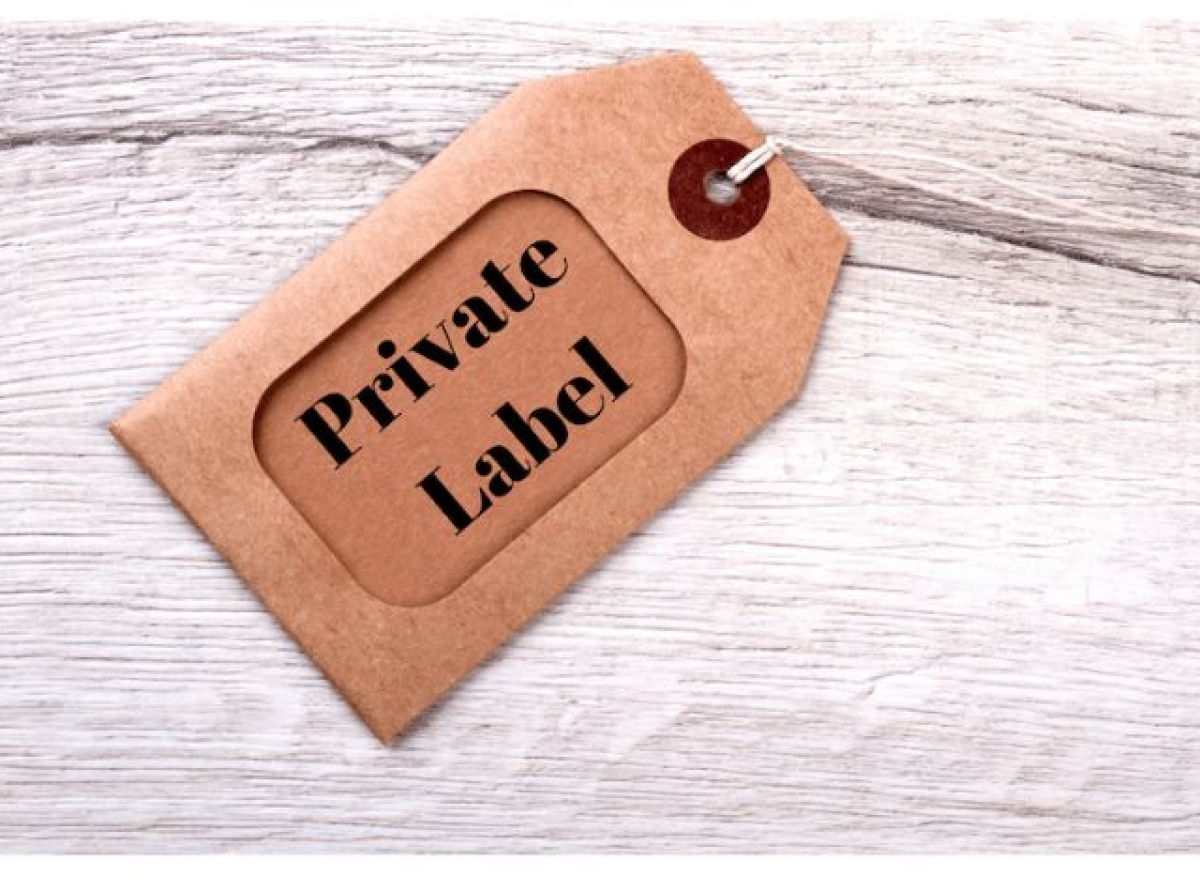13 September 2022, Mumbai:
Covid has been a big disruptor in many ways affecting/transforming almost all economic sectors. Noteworthy amongst them is the Indian fashion space having witnessed the phenomenal rise of private labels in both the online and offline retail domains. The innate advantage it enjoys is that of high availability besides providing great control over pricing one over the other/established brands. So much so that one today would reckon dozens of Indian private brands famously known as private label and store brands, are typically designed to be made and sold for a specific celebrated retailer to stay relevant & competitive. The fundamental premise driving synergies here is that private-label products are getting sustainable favour & appeal from consumers across sub-sets within the fashion & retail space.
Find below some of the famous case studies to drive home the point:
1. "Reliance Retail", India’s largest & biggest retail company mirrors 'the shape of things to come'. It is an entity with Rs 1,49,925 crore of revenues in FY21, having launched ver four dozen private-label brands across all consumer wearables, consumables, grocery segments, etc. Anecdotally the apparel segment has witnessed the introduction of key private labels like Netplay (formal office wear), Performax (specialized activewear), Fusion (fusion-wear for women), Avaasa (ethnic wear for women), and Rio (fashion wear for working women). Its annual report in FY21 reports that the company has earned over 75% of its revenue from its fashion and apparel, footwear chain "Reliance Trends" entailing in-house brands, where the contribution of private labels to its revenue is a whopping 60% or thereabouts.
2. AJIO, a fashion and lifestyle brand, is Reliance Retail's digital commerce initiative and is the ultimate fashion destination for styles reports that Private labels comprise almost 50% of the top brands currently sold on its platform. This feat includes outselling stalwart leader brands such as Levi’s, Superdry, and US Polo Assn. What is remarkable is that the platforms’ popular private brands Teamspirit, Mix N Match, and Avaasa are hands-down ahead of the top-selling brands notably experienced during festive season sales.
3. Myntra, the case is no different, having an army of private labels most specifically across a lower price spectrum accounting for say 35% of its revenue. Here the spotlight shifts to the plethora of private labels involving/developed/backed by celebrities such as Hrithik Roshan and Deepika Padukone brands like 'HRX' and 'All About You' respectively.
4. RutuMody-Kamdar, the founder of Jigsaw Brand Consultants, says, "Private labels provide a remarkable play helping retailer designing promotions, advertising or even the packaging of the label to the business requisites".
It is nothing new as prominent retailers like the Future Group, Reliance Retail, K Raheja Corp-owned Shoppers Stop, and the Aditya Birla Group have already seen private labels' demand tailwinds clocking impressive performance on the back of ease of getting credible ‘contract-manufacturing’.
Umashan Naidoo, head, of customer and beauty, Trent operating Westside, alludes that their brands in apparel, footwear, and other accessories contribute over 99% of sales"
There are interesting instances where Private Labels have even been launched in the open market to compete fairly & squarely in the marketplace stimulating growth. Therefore, as the advantages overweigh prompting Amazon & Flipkarts of the world not to shy away from investing reasonably in their private-label portfolios than ever before.
Bottomline
In fact, what intrigues is that they carry the name of the seller but are manufactured by a third party/contract-manufactured. So it is no brainer that private labels margins are better due to supply chain efficiencies and better control over operations leading to it catching everyone's attention. The article dives in deeper to give greater insights, and let readers learn more about decoding the phenomenon of unfolding private labels.
It is widely evidenced that the merit of the exercise is purely for their economic merit given that private labels broadly don’t share marketing costs. One of the actionable points is that it allows you to select the customer base avoiding information asymmetry.
Last but not least is that private labels have helped online retailers attract new consumers notwithstanding the looming inflationary concerns biting common man helping trajectory of growth, optimizing sales particularly when festivity is already upon us.
(CREDITS: fashionatingworld.com)
Join our community on Linkedin

























